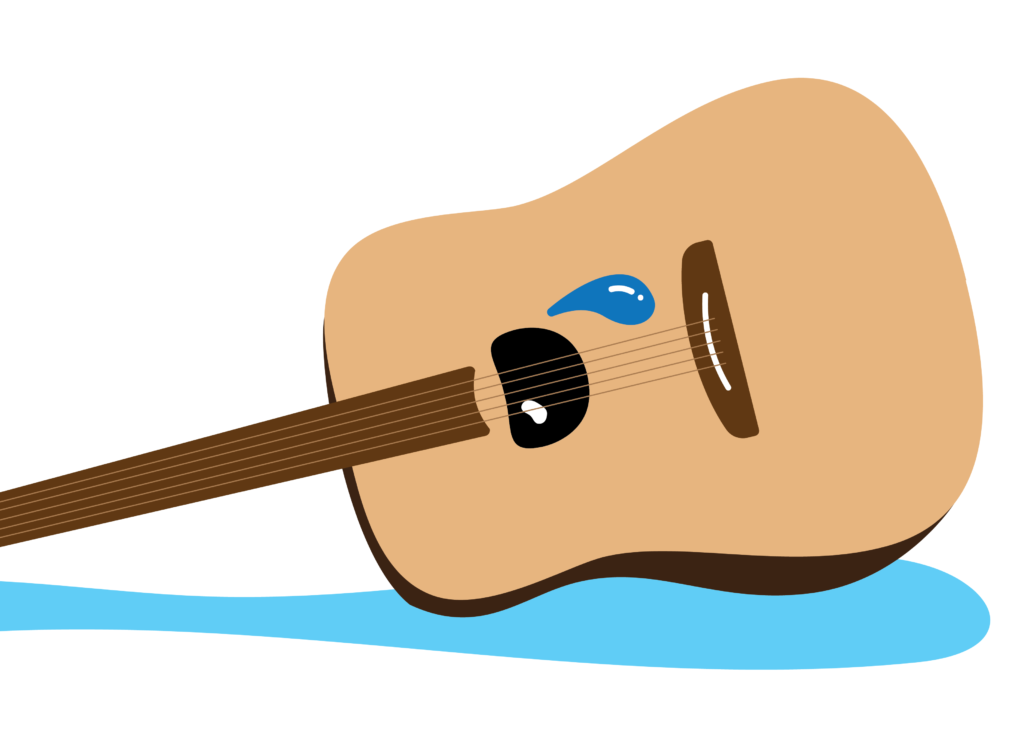On the edge of campus, in a modest building, sits the fine arts department of Seattle University. In recent years, the program’s budget has been cut and the number of classes offered has been reduced. This has led to fewer classes being offered and even professors leaving. Students have also been impacted, and on-campus resources are limited.
Susan Palmer taught guitar classes at Seattle U for 12 years, but at the end of 2018, she decided to quit teaching at Seattle U, mostly because of the general cuts to the department.
“I noticed that some professors were not there, and I heard that some different classes were not being offered anymore,” Palmer said. “It seemed like the music program was not developing; it seemed like it was being reduced.”
Palmer talked to professors from other departments around the campus and found that nobody seemed to know how decisions about the budget and resource allocations were made. Seattle U’s budget is enrollment and tuition-dependent, meaning that the majority of its revenue comes from students’ tuition.
“Because the university’s revenue is tuition-driven, more focus and funding will be allocated to colleges with the most students,” Director of University Budgets Ivette Serna said.
Serna is unsure of the exact reason why cuts were made to the Fine Arts department, but said that it could be related to the cost of operating the department.
However, some students feel that despite there being a lot of interest in music and art classes, they are inaccessible to non-fine arts students. Senior Communications major Marc Gleckman said that it has been difficult to find support from the university in his musical pursuits.
“I would say that one of the most frustrating things I have ever had to go through in my life is trying to get support for music at Seattle University,” Gleckman said.
He has been producing music and DJing for seven years and plans to continue. Gleckman said that he has gotten to where he is today by finding resources himself, because the university did not present these resources.
“I know that they do not show off the nice recording studio that we have in the Fine Arts building to new students, and when they find out, they get really excited and say, ‘why was this not part of the tour?’” Gleckman said. “The way the school pictures it is that either you go into college as a confirmed music major and you get shown those resources, or you are not.”
Gleckman sought out resources on campus, such as fellow student musicians, the Media Production Center, and the recording studio in the Fine Arts building, and he found a community to collaborate with. He encourages other students who want to make art or music to do the same.
“If you are a musician and are interested in getting resources or help, I would say KXSU is one of the best places you can go, not because they will teach you, but because you will be in the right community to help you,” Gleckman said. “That is the big thing for me, finding community.”
Gleckman also encouraged students to attend theater productions, KXSU shows, and other events hosted by the theater and arts community.
While it may be a struggle to find artistic support on campus, there are other places students can turn to. Palmer, for example, opened a guitar studio in Capitol Hill a little over a year ago and hosts special guest workshops. She said that students do not have to look far to find resources and support.
“We are in Capitol Hill, and we have a thriving arts community,” Palmer said. “I do not think it is too hard to find places and people for inspiration and collaboration.”
Palmer said that students should make connections and find resources outside of school because that is how it will be upon graduation. Palmer encourages students to follow their passion in art because she believes art makes the world a better place.
“I think it is really important to have the experience of creating art, to collaborate with other people and figure out how we are going to make this world a better place and how to deal with all of the really hard emotions that we have to deal with,” Palmer said. “To me it is the blood. You cannot do anything else without it.”
Bailee may be reached at
bclark@su-spectator.com








